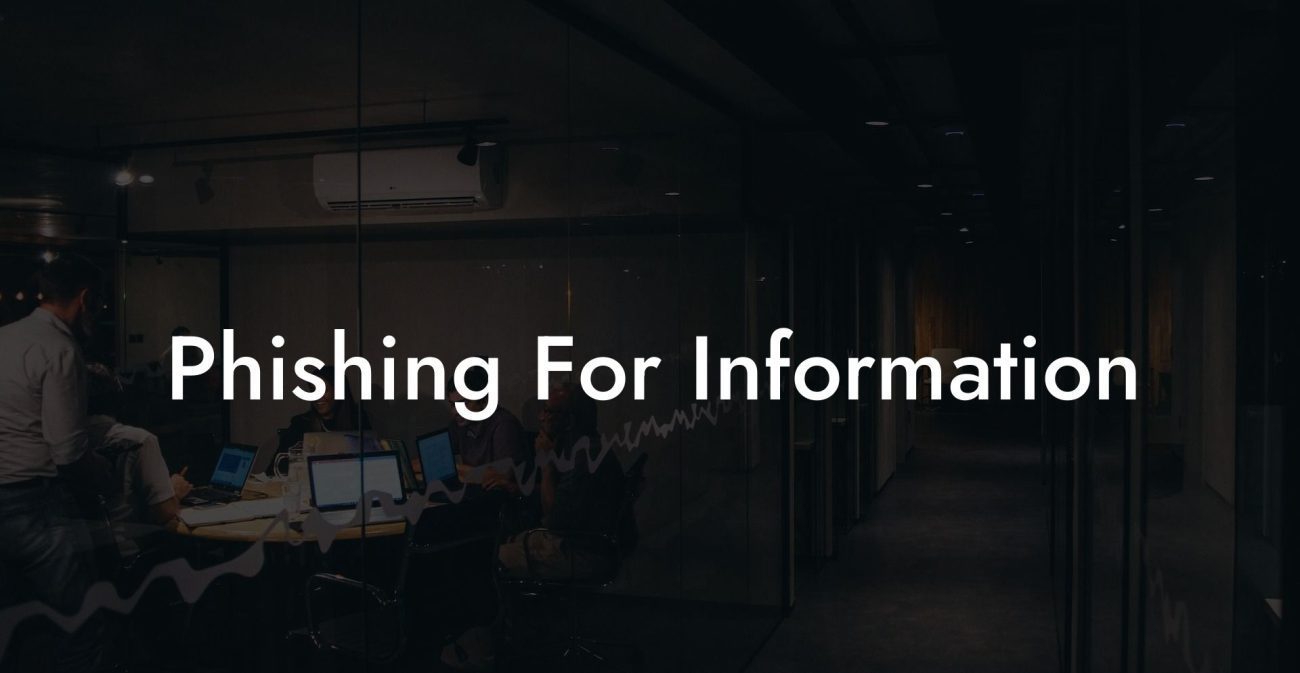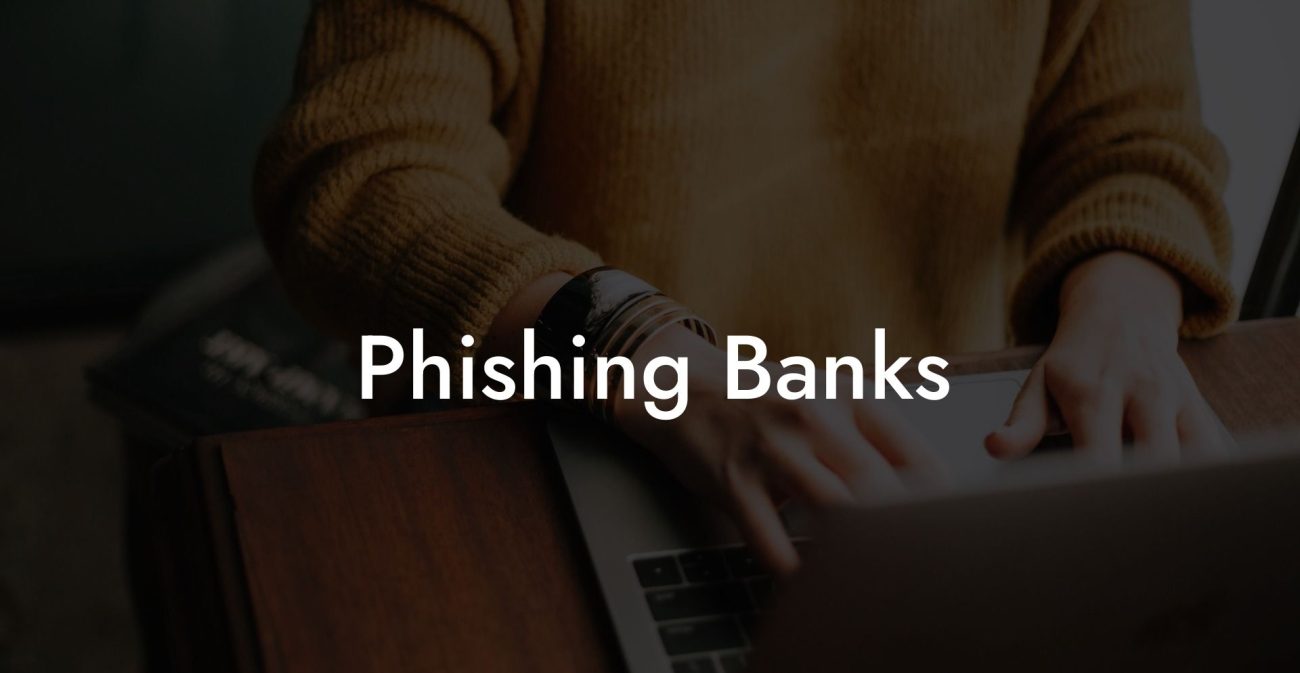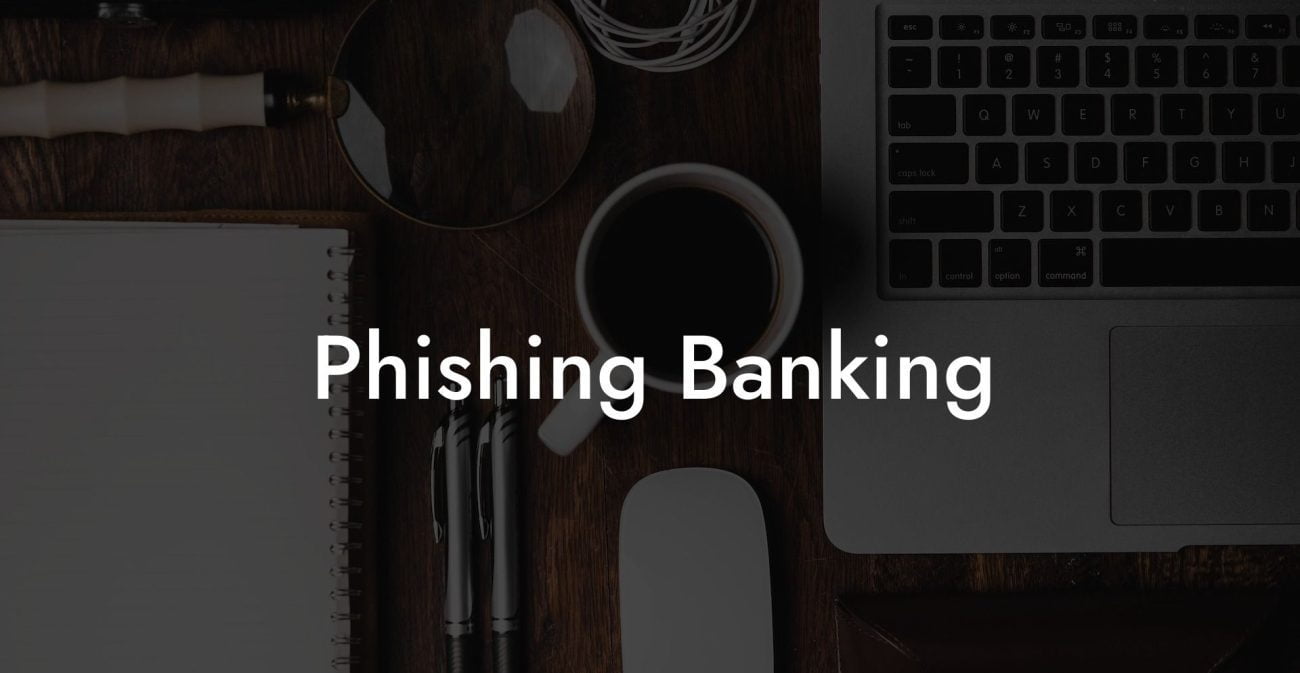In this age of smartphones and increasingly sophisticated technology, scammers have found sleek methods to turn technology against its users. Voice phishing, also known as vishing, is a relatively new but rapidly growing form of cyber crime that puts everyone with a phone at risk. This malicious tactic is not only evolving but also gaining ground, thanks to the influence of technology in our daily lives. The menace of voice phishing apps has grown to an alarming extent, leaving millions vulnerable to potential security breaches. In this comprehensive guide, arm yourself with the knowledge of these risks and learn how to be vigilant in protecting yourself against these cyber threats.
Voice Phishing App Table of Contents
The Rise of Voice Phishing Apps
Cyber criminals have devised numerous ways to deceive unsuspecting individuals into sharing sensitive information, such as personal details and bank account numbers. Vishing involves phone calls or voice messages from fraudsters pretending to represent legitimate companies or organizations. They manipulate victims into providing personal data, which can then be exploited for illegal purposes.
Protect Your Data Today With a Secure Password Manager. Our Top Password Managers:
The rise of voice phishing apps has made this fraudulent activity even more prevalent. Scammers now have the option to use voice-changing software or international phone numbers to further obscure their true intent. With advanced technology and artificial intelligence, they are even able to mimic the voice of the victims' contacts, making it challenging to differentiate genuine calls.
Voice Phishing App Example
Imagine you receive a phone call from a number that appears to be from your bank's customer service line. The voice on the other end informs you of a suspicious transaction on your account and asks you to verify your identity by providing your account number and PIN. You, worried about your account's security, might quickly give away this information without realizing you've fallen prey to a voice phishing scam. The scammer can now easily access and exploit your financial resources, leaving you in dire straits.
How to Defend Yourself Against Voice Phishing
Education and vigilance are the best defenses against voice phishing attacks. Here are a few steps you can take to stay ahead of scammers:
1. Be cautious when providing information over the phone: Always be wary of sharing personal information over the phone, especially if the call is unsolicited. Genuine organizations rarely ask for detailed account information during calls.
2. Double-check contact information: If you receive a suspicious call, verify its legitimacy by cross-referencing the number with your bank's official phone number. If uncertain, hang up and call your financial institution directly.
3. Install trusted security apps: Several security apps can help you filter and block scam calls or notify you of potential scams. Analyze the app's reviews and credibility before opting for any tool.
4. Educate yourself and others: Stay up-to-date with the latest phishing scams, tactics, and trends, and share this essential knowledge with your friends and family.
5. Report scams: If you receive a suspicious call, report it to the appropriate authorities. This will aid in tracking down the criminals and protect others from the same fate.
Voice phishing is a pervasive issue that affects everyone, regardless of technological knowledge or background. Education and awareness are crucial tools in defending yourself against this threat. By understanding the vishing landscape, sharing information with your social circle, and being cautious during phone interactions, you are better-equipped to face and defeat these cyber criminals. Don't forget to check out our other comprehensive guides to stay up-to-date with the latest phishing strategies and learn more about protecting yourself in this digital age. Share this post with your friends and loved ones to spread the word about the dangers of voice phishing.
Protect Your Data Today With a Secure Password Manager. Our Top Password Managers:















